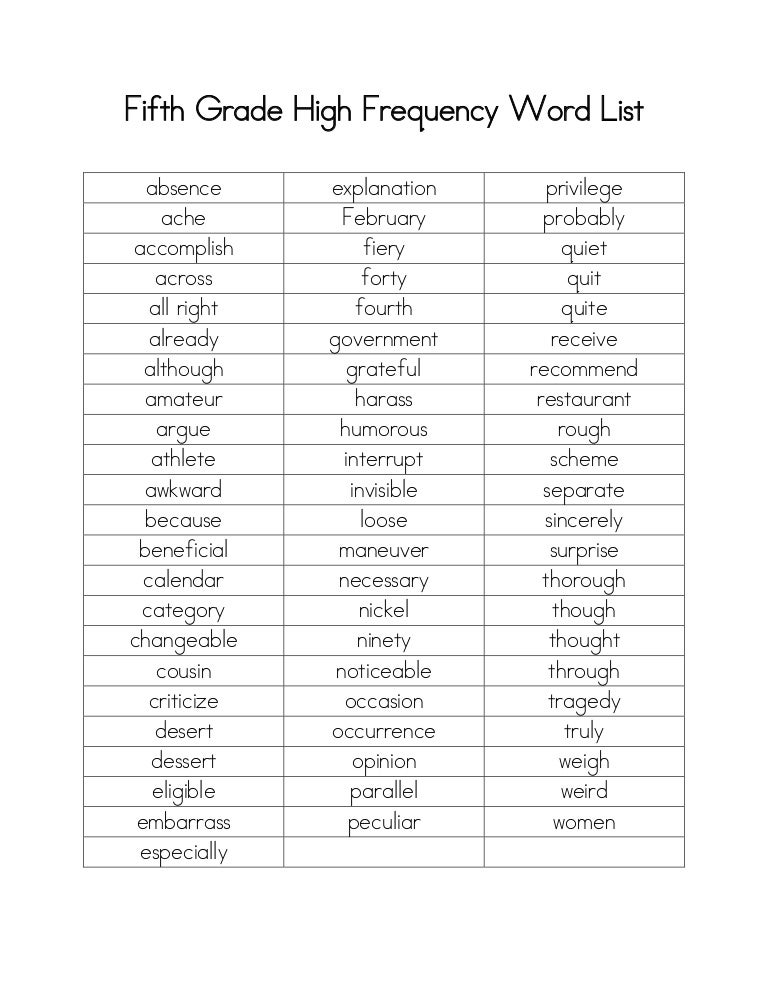

unanimous (adj.) - all parties involved are fully in agreement.subcontinent (n.) - a large land mass, smaller than a continent and regarded as a geographic or political entity.nomad (n.) - any wanderer who has no fixed home.history (n.) - all recorded events of the past.empire (n.) - political unit or territory under a unified or supreme authority.democracy (n.) - form of government in which the common people hold political power.civilization (n.) - society or group of people or the process of achieving a higher state of social development.chronological (adj.) - arranged in the order it happened.catastrophe (n.) - large, often sudden, disaster or ending.barbarian (n.) - a person who is savage and crude.

archaeologist (n.) - a person who studies human history through discovery and exploration of remains, structures, and writings.appropriate (adj.) - right for the purpose.These words help middle schoolers understand and respect the world around them. In 6th grade social studies, history, and geography lessons, students start deep explorations into countries and cultures around the world. unique (adj.) - having no like or equal.thesis (n.) - proposal or suggestion that is maintained by an argument.tentative (adj.) - not definite or final.quote (v.) - repeat something written or spoken by someone else.origin (n.) - the start or center of something or the place where a person comes from.lofty (adj.) - high in the air or overly grand.extend (v.) - to stretch out or draw out to a certain point.exposition (n.) - a piece of writing that is a detailed explanation using facts and ideas.declare (v.) - make a statement or make information known.climax (n.) - moment of culminating intensity in a narrative, especially the conclusion of a crisis.characterization (n.) - the act of describing a character in a story or drama.These vocabulary words influence reading, writing, and speaking. velocity (n.) - quantity that specifies both the speed of a body and its direction of motionĪs sixth graders start to read more complex nonfiction texts and deep fiction texts, they’ll start to learn more words related to literature.speed (n.) - how quickly something is moving or being done.solution (n.) - homogeneous mixture of two or more substances.solubility (n.) - capability of being dissolved.repetition (n.) - the act of doing or saying something over and over.prediction (n.) - a statement that something might happen or is expected to happen.phase (n.) - distinct period in something’s development.manipulate (v.) - to influence, manage, direct, control, or tamper with something.hypothesis (n.) - a tentative explanation for an observation, phenomenon, or scientific problem.force (n.) - a factor that causes a body to change speed, direction, or shape.attribute (n.) - quality or characteristic of a noun.

#SIXTH GRADE ULTIMATE SPELLING WORDS SERIES#



 0 kommentar(er)
0 kommentar(er)
